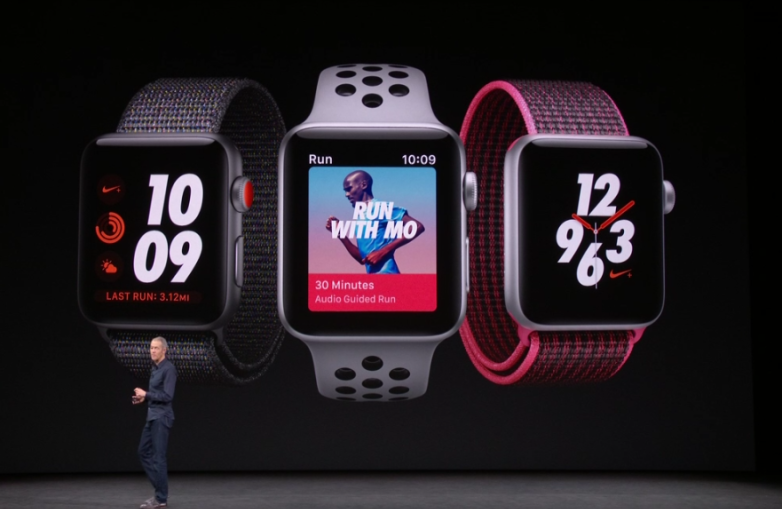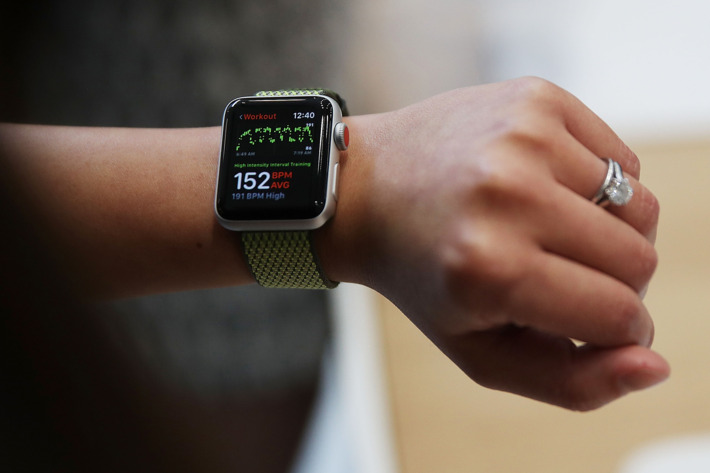In the years since the release of the first version, the positioning of Apple Watch has completely changed. If at first it was just a stylish accessory supporting the basic functions of a fitness tracker, now it has become able to monitor the user's health and even, possibly, save his life.

There are plenty of such examples. So, in October last year, the owner Apple Watch received a warning that his heart rate had deviated from the norm. After examination at the hospital, it turned out that the man had a pulmonary embolism, which could have been fatal if it had not been identified and cured in time.

A new study by the creators of the Cardiogram app has shown that Apple Watch, when combined with a deep learning algorithm, is able to detect changes in heart rate with 97% accuracy. Earlier this year, in collaboration with the University of California, San Francisco, Cardiogram tested Apple Watch with DeepHeart artificial intelligence to detect these abnormalities as well as early signs of diabetes.
The research findings were recently published in the journal JAMA Cardiology. The report states that 9,750 Cardiogram users took part in the study, whose smartwatches took 139 million measurements. It is important to note that all participants had an unstable heart rate prior to testing.
Another magazine, Modern Healthcare, adds:
The authors believe that smartwatches are capable of recording atrial fibrillation, which would otherwise go unnoticed. Since smartwatches are non-invasive and relatively affordable, they are great for tracking changes like this.
The clock and algorithm worked best on patients who were actively treated to get their heart rate back to normal. It worked less accurately in those who had previously had atrial fibrillation.
The full article from JAMA Cardiology can be read here (language – English).
